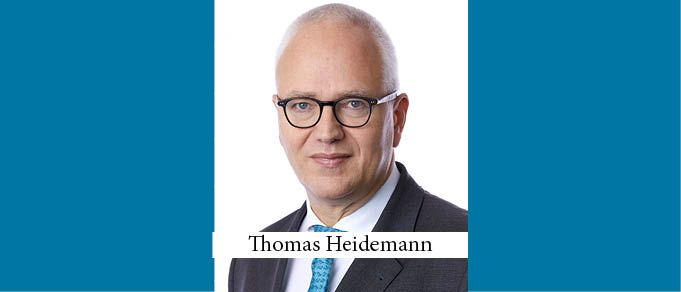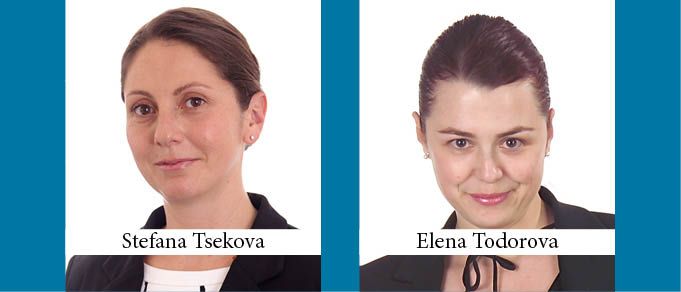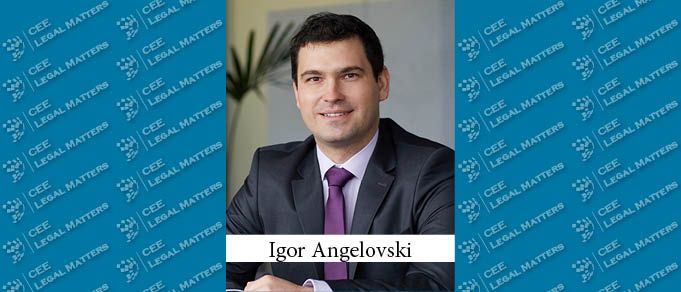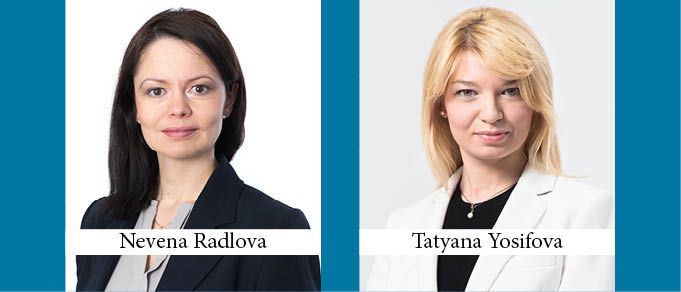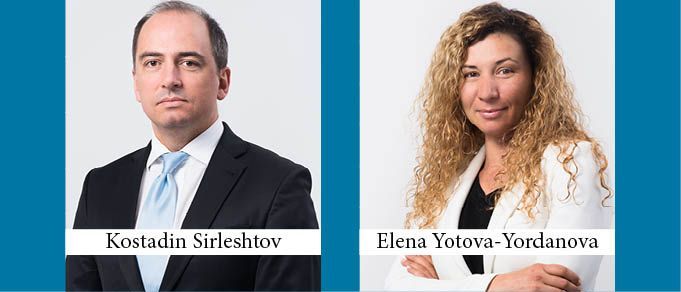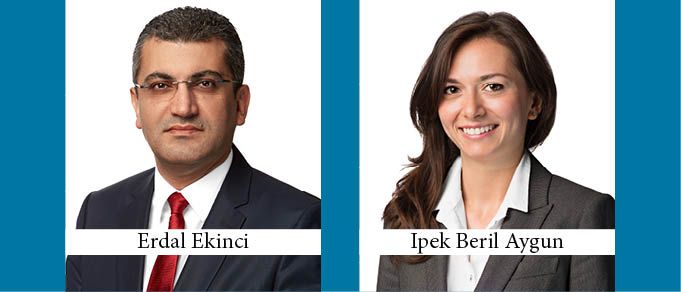Although I am a bit old to claim that my generation has two birthdays – a natural one and an Internet one – I believe, for that same reason, that we have the experience to assess progress in respect of ongoing digitalization trends.
Manufacturing in Turkey
For a long time, Turkey has been a significant manufacturing hub for supplying the European market, and its significance has become even greater since joining the customs union with the European Union. Following a significant fall in the value of the Turkish lira in 2018, manufacturing costs in Turkey are now lower. As setting up manufacturing operations in a new country often entails a number of pitfalls and requires local insight from specialists of various fields, here is a short guide for Turkey.
What is Ukraine Doing to Go Green?
Switching to electric vehicles has become a trend, in Ukraine as across the world. Few are aware that, according to 2017 InsideEVs (the global platform that analyzes electric vehicle markets) Ukraine is among the top ten countries with the highest rate of electric vehicle sales.
The Automotive Industry in Russia
In recent years, Russia has experienced intense development in its automotive industry. After the dissolution of the Soviet Union and the subsequent deep economic crisis, it quickly became apparent that the Russia’s automotive industry was unable to meet the needs of the newly developing automotive market in Russia. National producers lost market share to foreign manufacturers despite high import custom rates. Russian consumers were not willing to buy technically outdated national products and were looking for foreign brands.
VW Distributors vs. Competition Council
There is ongoing litigation between the Moller Mobility group companies in Latvia (importers and dealers of VW cars in the country) and Latvia’s Competition Council involving a EUR 7.4 million fine imposed on the companies for an alleged cartel agreement. This is the highest fine ever imposed in Latvia for breach of competition law on one group of companies.
Current Challenges for the Automotive Industry in Transition
The automotive industry is facing several changes that will shape the future of mobility and production. The car of the future will be electric, connected, and automated, and it will provide benefits for individual consumers and society as a whole. One major message of the recent Automotive in Transition Conference in Budapest was that the automation revolution is bringing challenges, but it is also bringing new opportunities for Hungary to emerge stronger from the transition process.
Labor Law Changes Affect Automotive Industry in Slovakia
Two new regulations with significant effects on the automotive sector were introduced on January 1, 2019, in Slovakia.
Automotive Industry Cross-Overs
On the eve of a widely-expected global economic downturn, the Croatian economy finally emerged from “junk” investment status, and rating agencies now rank it as “investment” tier. Formal confirmation of this new status is expected to come in the course of spring 2019 – when the first signs of a slowdown in the local economy are already signalled. The country’s GDP is growing shyly but persistently and after five years of membership in the EU there is a visible uplift in the trade balance with export of goods and services (predominantly with other EU-member countries) as the main driver.
Bulgaria Builds “Career” in Supporting the Automotive Industry
Last year was a good one for the automotive industry in Bulgaria. According to information from the Automotive Cluster Bulgaria, a total of 12 projects worth more than EUR 500 million were in the process of implementation in late 2018 and early 2019. These projects are from companies like ETEM, Visteon, Leoni, Voss Automotive, Sensata, and Bosch; i.e. first-, second- and third-tier suppliers whose business is not solely tied to the automotive industry. According to the Cluster, the sector already covers more than 220 enterprises with a turnover of EUR 5 billion, which represents approximately 10% of Bulgaria’s GDP.
Legal Aspects of Autonomous Driving in the Czech Republic - A Comparison
After the first industrial revolution, which involved the discovery and use of steam power, the second, which involved the discovery and use of electricity, and the third, which involved the use of electronics and information and communication technologies such as computers, the fourth industrial revolution has now dawned. This one involves the digitization and interconnection of computers, machines, and people. Examples of this new development are cyber-physical systems: Computer-monitored-and-controlled mechanisms, such as vehicle assistance systems, that support drivers in driving or completely replace them altogether (this is known as “Smart Mobility”), thanks to communication and interaction with other vehicles or stationary devices in the vicinity.
Investing in the Slovenian Automotive Production Industry
If you are a company conducting business in the automotive industry with intentions of expanding on the European market, where do you look? The answer may be the Central European country of Slovenia.
A Blueprint for the Domestic and International Legal Future of the Automotive Industry: What to Expect in the Post Combustion Engine Era
The latest buzzwords in the automotive and manufacturing industry, “autonomous driving” and “connected mobility,” serve as foretokens of a new “mobility services” era. The industry is affected by current ecological, environmental, and digital standards, and the mobility habits, trends, and demand are gradually disbanding from conventional practices. New indicators are affecting business models in this important industry, including those of parts-suppliers and distributors, by calling for new regulations and consumer expectations.
Data Privacy, Cybersecurity, and Anti-Money Laundering in the Spotlight
2018 was an eventful year from a compliance perspective, with data privacy, cyber security, and anti-money laundering among the key areas. Like other countries in the EU, Bulgaria has made steps to harmonize its legislation and follow the major legal trends in Europe.
Energy Sector in the Spotlight
Legislation and Strategic Changes in the Bulgarian Energy Sector: Several amendments were made to Bulgaria’s energy laws in 2018 facilitating the further liberalization of the energy market. Renewable energy producers exceeding 4 MW installed capacity that enjoyed offtake of their energy at Feed-In Tariff (FiT) were introduced to a different support scheme: Contracts for Premium (CfP), which became effective on January 1, 2019. Under CfP, renewables sell their electricity to the free market – either to the Independent Bulgarian Energy Exchange (IBEX) or to their balancing group coordinators.
Mandatory Mediation Process for Commercial Disputes
Turkey’s Law Regarding Procedures for Initiating Legal Proceedings for Monetary Claims Deriving from Subscription Agreements numbered 7155 (“Law No. 7155”), which was published in the Official Gazette on December 19, 2018, has certainly opened a new period in Turkish Mediation Law. Law No. 7155 has introduced mandatory mediation for commercial disputes into the Turkish Commercial Code and set the procedural rules for mandatory mediation under the Civil Mediation Law.
Legal Concepts of Restructuring in Turkey
The slowdown in global growth and the Turkish economy as well as the depreciation in the Turkish lira in 2018 created financial instability and payment difficulties for companies, in particular regarding foreign currency debts.
Turkey’s New Digital Tax on Advertising Services
The accelerating growth of the global digital economy has yielded new challenges for international taxation, an issue that has pervaded the agenda of the Organization for Economic Co-operation and Development (OECD) in recent years. Published in 2015, the OECD’s Base Erosion and Profit Shifting (BEPS) Action Plan 1 regarding the taxation of the digital economy primarily focused on the challenges arising from the distribution of the right of tax collection among the states from revenues derived from cross-border activities.
Guest Editorial: Rise to the Occasion
Needless to say, business in the European Union is going through some turbulent times. How this is affecting the CEE region and how business in the region will adapt to this never-ending uncertainty is the million-dollar question that everyone is asking at the beginning of 2019.




